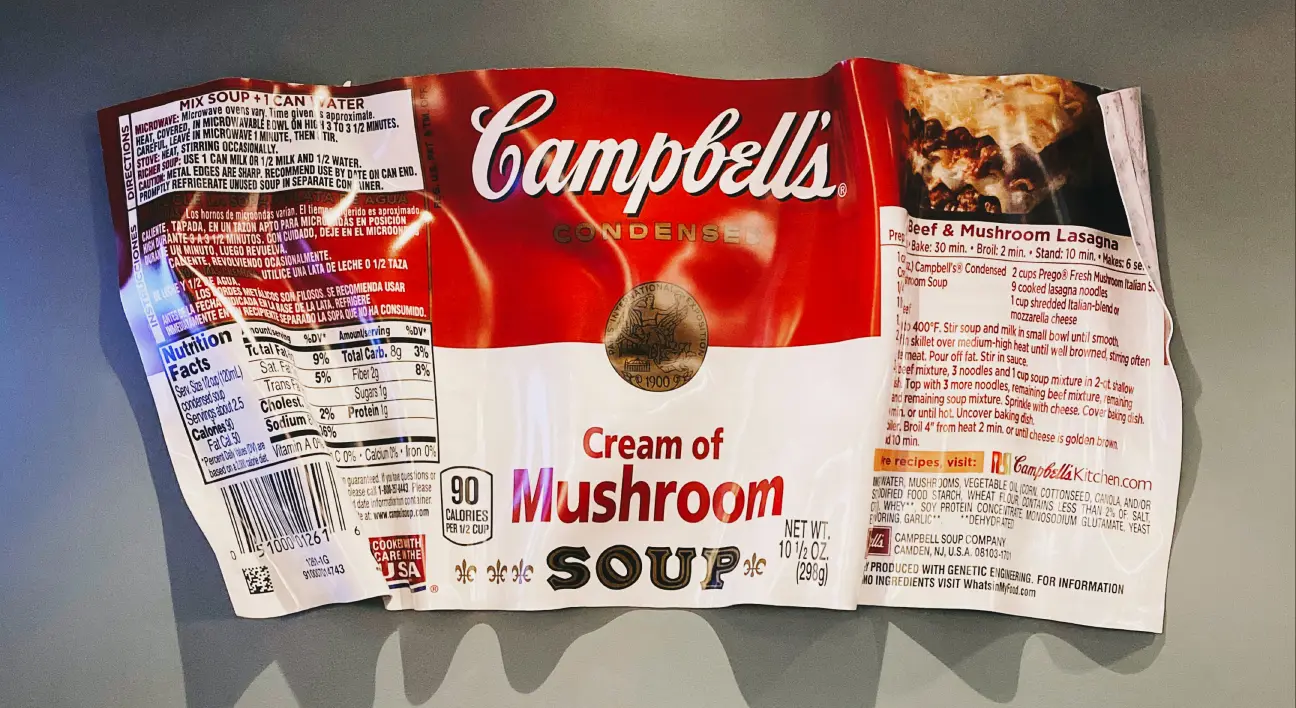
Clear and accurate food labeling is important for following the rules, gaining consumer trust, and achieving success in the market. This guide explains the basics, what is required, what is optional, and what is most important for food businesses. Whether you are selling locally or exporting worldwide, this is where you should begin.
Food labels have many purposes. They provide nutritional information and help keep food safe. Labels are important for protecting consumers and building trust. Good labeling is not only a legal requirement; it is also a smart way to stand out in the market. Food Labels serve various purposes, such as:
Food labeling legilsation are laws that decide what information should be on food packages. These rules can differ by country but usually include important details like ingredient lists, allergen information, nutritional facts, country of origin, expiration dates, and labels like "organic" or "gluten-free." Organizations such as the FDA in the United States, EFSA in the European Union, and FSSAI in India create and enforce these standards to keep consumers safe and ensure fair trade.
Food businesses need to understand and follow local and international labeling laws. This helps avoid penalties and makes sure products are ready for the market, especially for exports. Label regulations may be allowed in one country, but may not be allowed elsewhere.
A few important food labelling legislations that food businesses should be aware of, especially when trading internationally:
Food labels often have extra claims and certifications beyond what is required. These can affect how consumers view a product. While they can help your marketing strategy, it's important that they are honest, can be verified, and follow local laws.
Common optional claims include:
Certifications and logos like Fairtrade, Halal, Kosher, and Rainforest Alliance can help build trust in your brand. However, they usually need audits or checks from approved organizations. Misusing these marks can result in fines, recalls, or legal issues.
To stay compliant, only use optional claims if you have written proof. Also, check local rules or reach out to certifying bodies or consultants for specific requirements.